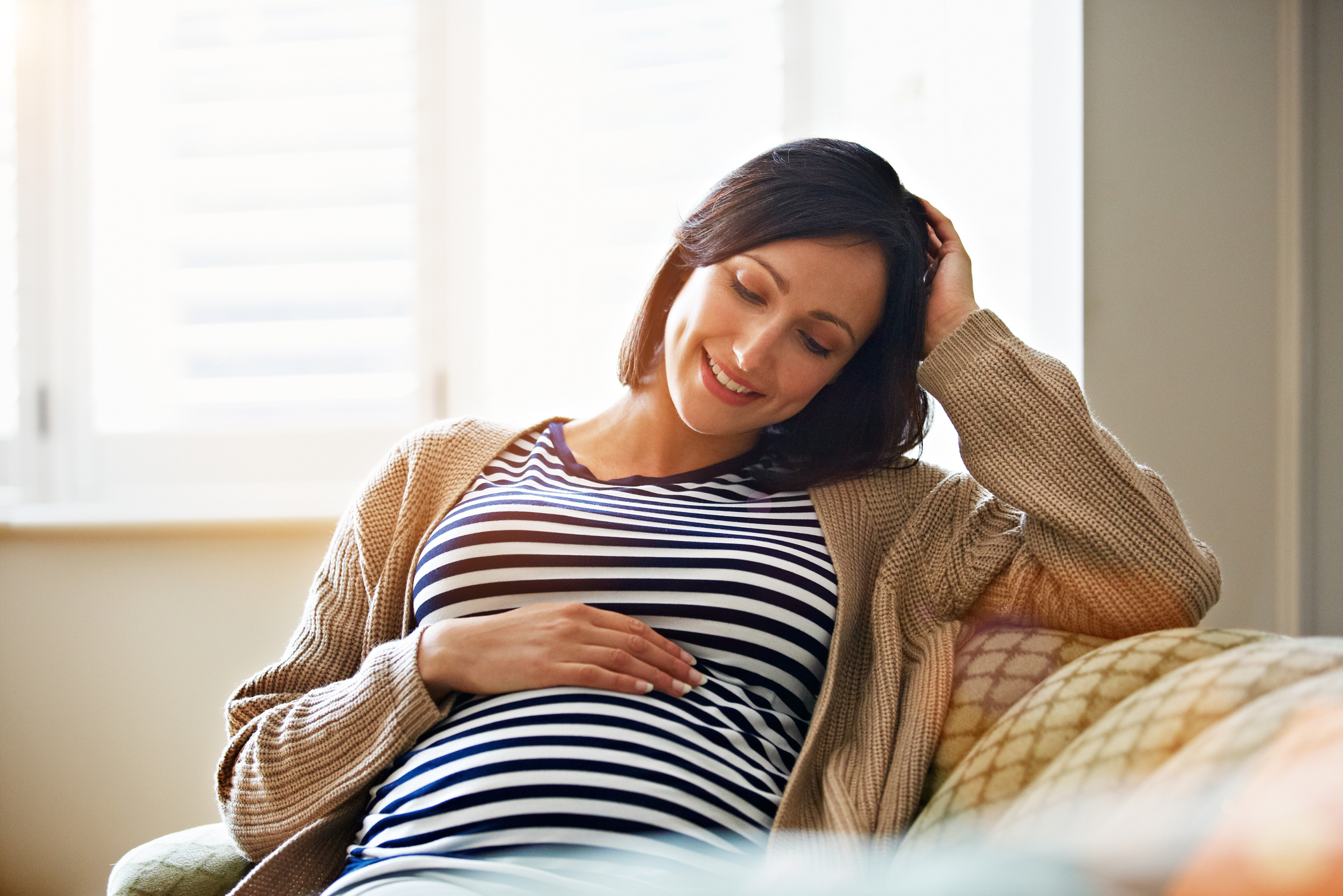The risks of smoking when pregnant weren’t widely known about when a national birth cohort study began to follow a group of babies in the late 1950s.
The study helped to change that.
Researchers found that the babies weighed an average of 170 grams less and were also at greater risk of infant death if their mums had smoked while pregnant.

They estimated that nationally 1,500 more babies would survive every year if pregnant women didn’t smoke. The findings were published in the 1970s, sparking a major national public health campaign.
As the study continued, it added more evidence about the harmful effects of smoking in pregnancy.
Children whose mothers had smoked were shorter than other children at age seven and were more likely to have wheezing illness after age 16.
As adults, they were at greater risk of obesity and of developing type 2 diabetes.
Undoubtedly this study contributed to a major change in how we think about smoking during pregnancy. Around a third of the mums of the babies in the 1958 study said they had smoked after the fourth month of pregnancy.
Today, fewer than 9 per cent of women giving birth in England in 2022-23* said they smoked.
*Statistics on Women’s Smoking Status at Time of Delivery, NHS Digital